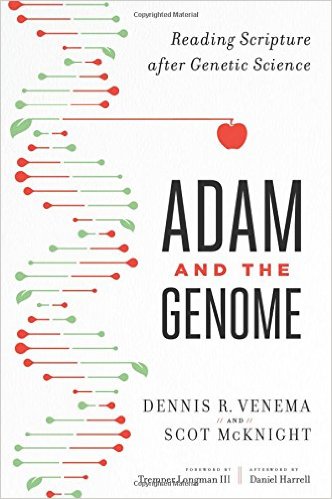One of the best insights comes with Thesis 9 (pp. 139-40), namely the sharing of responsibility with God to govern the creation necessarily implies freedom—‘you are free to eat from any tree except’ implies both permission and prohibition, and more importantly it implies that humans have the power to freely choose one or the other.
Where I would disagree with Scot is it does seem to me that he has underestimated what the Bible actually says about human fallenness as a result of the curse. It is clear enough from the curse on Eve that it affects intra-human relationships, to love and to cherish becomes to desire and to dominate. It is clear enough that it affects their children too— the story of Cain and Abel.
While Scot is right that each individual must bear and own responsibility for their own sin, and Genesis says nothing about a seminal transmission of sin, it is simply not true that the OT does not bear witness to and discuss human fallenness in ways similar to later Christian ideas. Human beings don’t just all choose to imitate Adam’s sin again and again. Their very natures are bent by the warped by the relational situation they find themselves in—- both a distorted relationship with God and with others. The Hebrew concept is ‘yetzer hara’ the inherent inclination to do evil. Yes, this is paired with a yetzer tov, the still extant inclination to do good. The point is that humans are not merely good any more after Adam and Eve, unlike God’s original intent and their original condition. All humans bear the effects of the curse, not only in their tasks, but in who they are. So while the term ‘the Fall’ is not very accurate, what happened to Adam and Eve happened by their bad choices, not by accident, and would be better called ‘the Jump’ rather than ‘the Fall’, it is not true that the notion is completely inaccurate.













